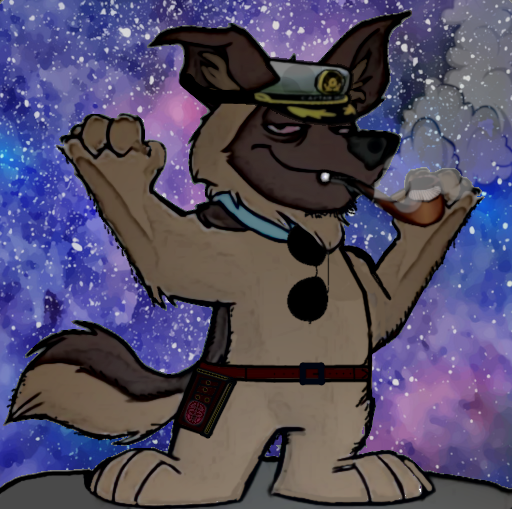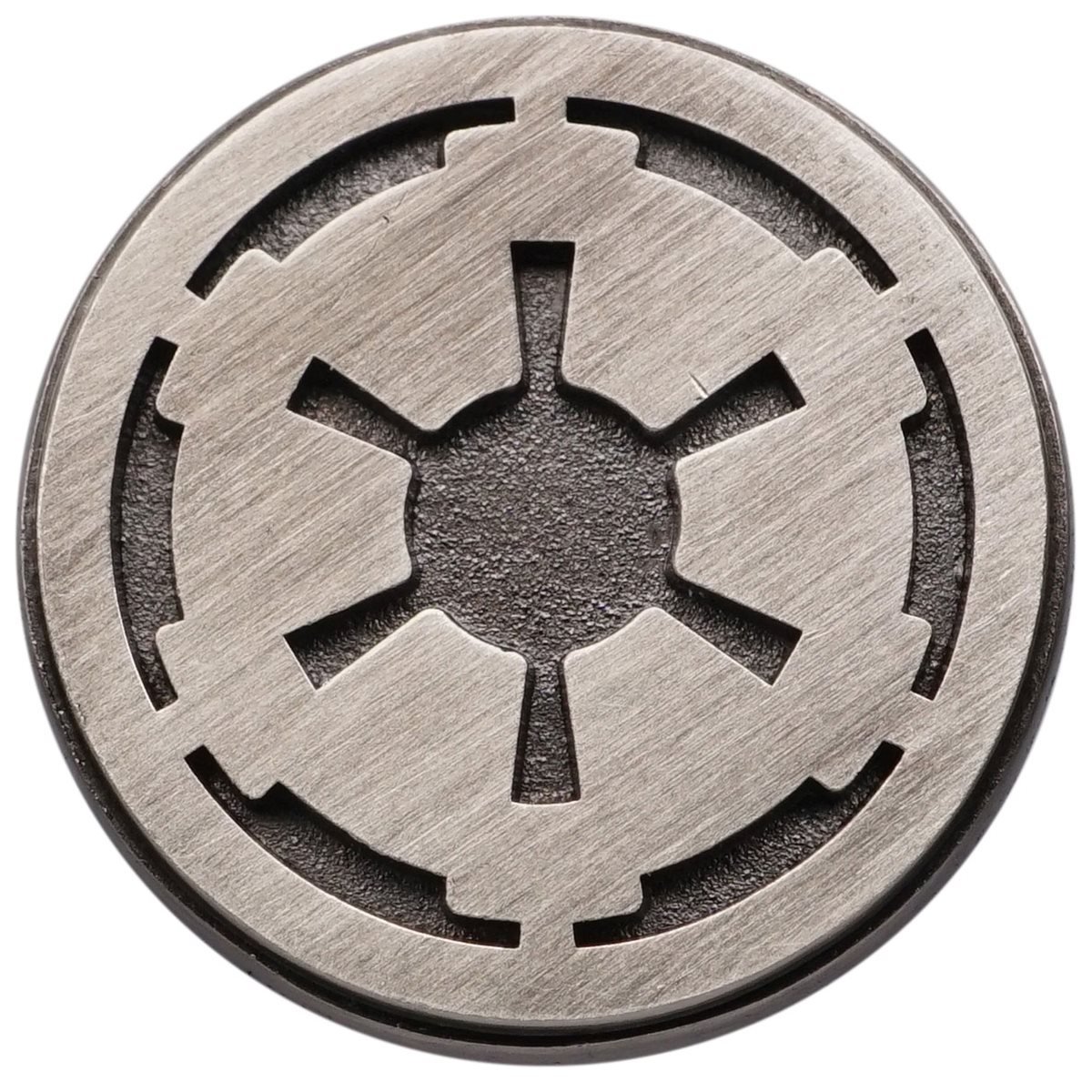I mean, we could speculate and explore the strange future and stuff. Just without that tired trope of “well, science and technology progressed a bunch and then we got this really great machine”.
I mean there’s gotta be another way. Examples?
It’s called Dune
Any sufficiently advanced technology is indistinguishable for magic
There’s plenty of star trek episodes that are more about philosophical and societal questions than tech.
The bicentennial man by Isaac Asimov comes to mind. Which is about a robot, but in essence it’s about the philosophical question what it means to be human.
There’s Ubik by Philip K Dick, which is about about tech, when you get down to it, but in a very unique and un-tech like way.
Flowers for Algernon by Daniel Keys is not about tech, but the chronicles of a brain surgery patient that became extremely smart.
Hyperion by Dan Simmons is basically just “The Canterbury Tales” in space.
There’s plenty more stories that are not really about tech. You could try searching for dystopia themes, like “Maze runner” or “the hunger games” or “I am legend” or “wayward pines”
Children of Men would be a sci-fi without any significant technological improvements. Ender’s Game does have the Ansible, but it’s more a plot device than anything.
What are some examples of things you don’t like? That’s really necessary to give examples. Science fiction usually has technology in some form or another. Sometimes it’s the focus of the story (eg The Last Question or Permutation City). Sometimes it’s a tool for the story (eg The Expanse or Neuromancer_). Other times it’s set dressing like magic in fantasy (eg Dune or Book of the New Sun). Outside of hard SF and beyond Golden Age SF you run into more “tech as device or background.”
IIRC The Moon Moth by Jack Vance was not really anything to do with machines but just an exploration of an alien culture. (I only read the graphic novel version.) I think there are many such stories having to do with alien cultures. A Pail of Air by Fritz Leiber also comes to mind as something with not much focus on machines. I think there may have been some sort of life signal scanner at the end but I think it still fits what you’re looking for.
The red rising series comes to mind.
Dune.
Pretty much all of the Sci-Fi written by Ursula K. LeGuin features people more than machines. There are technologies in the stories that play a role, but the are described as vaguely as possible to support the plot. As a result, often her sci-fi stories feel more like fantasy.
Octavia Butler wrote the Xenogenesis series which features an alien “species” whose system of technology is entirely biological.
Canticle for Leibowitz is a classic piece of sci-fi that spends most of its time in future medievalism but it kind of cheats in that it’s both post-apocalypse and society rebuilds its tech base by the end.
Other than that it sounds like you want future fiction without all that pesky science.
I once read a SciFi story where people lived in a way-post-scarcity world. There must have been machines somewhere, but they did not play a role worth mentioning.
Probably not exactly matching your meaning, but in a round about way, Dune, post Machine Crusade –
It’s maybe not as evident without reading the series–which definitely isn’t a negative comment! I’ve enjoyed (almost) every bit of the truly shocking amount of Dune I’ve put myself through since the very early '90s, haha.
I’m, uh, mildly obsessive as well as critical of the SF I stand by, (just for myself personally!–everyone should like whatever they like!) but Frank Herbert, entirely, still remains in my top 2 favorite authors. You may enjoy all the books as a whole, if you’re looking for something less about ‘the machine’ itself, but how humans diverge from it and without it, but it’s…a lot, lol. And…well, I won’t spoil things. I just remembered it might negate my entire point. Oh, no. (ʘ‿ʘ)
Anyway! Regardless!
If you do ever get into full-ass Dune–and I’d recommend this “tip” to literally anyone–I’d definitely suggest audio books for the early works of Brian Herbert and Kevin J Anderson. They took a bit to get into their groove from informational to actually entertaining. The lore is honestly fantastic, beautifully done, but physically reading their earlier Dune stuff can be textbook without diagram tedious. Love 'em both for the work, but shiiiiiiiiite.
If I’m understanding this correctly, you’re looking for fiction that focuses on framing more of cultural and societal shifts than technological changes?
What you’re looking for is difficult to find in the framing of Science Fiction because its very framing invokes technological advancement - technology is the application of science, and machinery is the result of technological innovation. Science fiction is, at its core, about how discoveries in science may change the world.
Nonetheless, you may want to look into the sub-genre referred to as “social science fiction”. Although it’s not going to be devoid of advanced technology, the focus will be more on the social and societal impacts thereof, than the machinery itself.
Check out Terminal World by Alastair Reynolds
There’s plenty of science fiction without technology playing a significant role.
Robert Silverberg’s Dying Inside was the first that came to mind; Asimov’s The Gods Themselves or Nightfall might be other examples; Olaf Stapledon’s Sirius; Clarke’s Childhood’s End has (alien) tech, but it mostly focuses on the psychological and societal effects of the contact with aliens, as does Ted Chiang’s Story of Your Life (and some of the other stories collected in the same volume, Stories of Your Life and Others); Philip K. Dick’s The Man in the High Castle, Kurt Vonnegut’s Slaughterhouse-Five… lots of great science fiction works focus on aspects other than technology.






